As an actor, Akash Prasad shared some inspiration for approaching a character as well as some techniques he employs before an audition. Akash shared some great advice as a young and upcoming actor/writer/producer from Harrow, whose short film 'Built To Be' has already exceeded all expectations he had for himself.
'Built To Be' had some brilliant successes. From landing 'Anuvahood' star Adam Deacon as a supporting role, to being entered in many film festivals, which included 'The Indian Film Festival of Cincinnati' 2019, and the 'Social World Film Festival 2019'.
Interview
Voice interviewed Akash Prasad on live on Instagram on 31st July 2020. Catch-up with the full interview here:
Artist Workshop with Akash Prasad
Following his Instagram live interview, Akash headed over to Zoom to host a 30-minute skill share workshop where he focussed on how he approaches a character for an audition, showing us some techniques and sharing some of what inspires him.
The following are some practical workshop tips from Akash himself.
How to approach character as an actor
Ivana Chubbuck inspires Akash's approach to characters. Chubbuck is a highly sought after Hollywood acting coach who has worked with the likes of Hallie Berry and Denzel Washington. Following her extensive list of helpful tips and exercises, Akash has drawn from her teachings to create his routine, and here in his words are what Akash covered.
Warming into your character - Preparing for a scene or audition: One of the most important topics I hear about from fellow actors is the sort of techniques they use before going into an audition or preparing for a particular scene. For me, any exercise I do should help me get to a state of relaxation and focus for the forthcoming scene I would be going into.
Breathing exercises: Inhaling and exhaling deep breathing is one of the quickest ways to relieve any tension or worries from your body. I tend to inhale, expanding my stomach for around three seconds, before exhaling all of my breath for five seconds, I will then continue breathing this way gradually increasing the time I'm exhaling for by 5 seconds. Once I get to exhaling for fifteen seconds, I reset going back to five seconds of exhaling. Repeat this as many times as you feel is necessary.
Body relaxation: To make sure you've physically loosened up and are ready to begin your scene, try rolling your shoulders forwards for ten seconds, smoothly and slowly. Once you've done this, try rotating your shoulder blades backwards for the same amount of time. This will help you loosen any tense muscles in your upper back and should help you relax your head. Another thing you can do is turn your head from side to side and up and down, nice and slowly, to help relieve any tension or nerves.
My outlook on approaching a new character is something I take no credit for. Most of my process comes from Ivana Chubuks twelve tools outlined in her book 'The Power of the Actor'. Mine is more of a simplified version with a few small variations.
Overall objective: When taking on a new character, I will always read a script from start to finish to get the best possible idea I can of what my character's intentions and deep-rooted desires are. This informs my creative choices and dictates the lengths of how far I'm willing to push myself to match the energy in the script that I feel a character would need.
Scene objective: Once I'm aware of my overall objective, I break them down with respect to the different scenes my character appears. My main focus here is making sure I know my desires and needs within a scene so that it supports my overall objective in the film or play.
Obstacles/hurdles: These are the factors preventing a character from achieving their scene objectives. They can appear both physically and mentally. Generally, obstacles present an opportunity to show the inner conflict within a character and an opportunity to present some unique and quirky traits your character possesses. An example: A physical example is, f I'm running to catch the tube, but it's peak hour, and there are too many pedestrians in my path. This is enough to make anyone frustrated, impatient and capable of a rash response. A mental example can be the fear of judgement before confessing a personal issue with a friend; perhaps this is a sensitive topic to you. Still, your friend insists on knowing more; you are uncertain as to how they may respond.
Continuity/the moment before: Where are you starting your scene from? Do you remember what happened to your character in the previous scene? It is always important to remember where you left off before continuing. If continuity in your performance does not match, a lot of the time audiences will be able to sense that something is off, whether or not they can pinpoint where exactly. Directors and fellow actors alike will notice a lack of consistency in your performance.
Doings: This can be characterised by habits and quirks. People, for me, are my go-to inspiration above any actors when it comes to learning new and interesting quirky behaviour patterns. Use movement to help you shape a unique identity to your character. Your doings can be simple as a shoulder shrug or itching your head when you're nervous. Anything that you can find interesting and see working for the character. Don't be afraid to explore these traits in preparation, as it can hugely shape the character on many different levels!
Thoughts/ inner-monologue: These are the ideas racing through my mind when I'm in character and performing a scene. I try to think about what thoughts would be racing through the character's mind. By practising to think as your character would, not only are you creating a whole new life force from your mind, but this will make your performance feel all the more realistic to your audience. You don't have to agree with your character's thought process or align with their moral compass, what you do need to do, though, is find an understanding as to why they think that way. Your job is not to judge your character, but to act as their conductor.
Life circumstances: Everybody's actions derive from their principles, their world view and often from their life experiences. By acknowledging the backstory of your character, you can help shape the character's overall identity, which can help inform your performance choices when faced with challenging moments for your character. An example: Amy is a young mother with a history of being physically bullied and abused during her younger years at school. One day, she catches her young daughter physically abusing another child and steps in to intervene immediately. If you were playing Amy, what notions would be running through your mind in this sort of situation?
Music: Music has always allowed me to shape the identity of the person I'm playing. Every character of mine has a soundtrack that relates to their life experiences, hobbies, tastes, and acts as a narrator for particular scenes my character appears in. I would recommend using music and finding a genre that resonates with you and your character before going onstage or onset. The energy you receive from the music you listen to should allow your mind and body to respond as a conductor for that energy. Through your performance, the audience is receiving traces of that same energy you took from listening to that particular piece of music. Even our heartbeats have rhythm; music is a life force that grounds us all.
Let it gooo: I'm not talking about Frozen here. I'm saying, now that you have thought about these different components to help shape the identity of your character, challenge yourself to practice rehearsing as your character without actively thinking about whether or not you're meeting your objectives or contemplating what you could be doing. Trust your subconscious mind to have processed this information and allow your body to respond and act in accordance with your instincts. The underlying rule here is to let it go and to just trust in your instincts. It doesn't sound easy, I know, but if it was easy, just remember, everybody would be doing this.
More about Akash Prasad
To find out more about Akash and his career, check out the interview he did with Voice Mag contributor Oluwatayo Adewole.
Built To Be
‘Built To Be’ starred and was written by Akash Prasad. "The story centres around A-level student 'Shray Vishad', a British-Indian teen who has to juggle preparing for A-level exams and working for his ailing father who suffers from a deadly chronic illness called Fibromyalgia. These combined stresses lead Shray to rely on marijuana to cope with his situation. However, his new-found dependence later threatens to compromise everything he has worked for in his education, his relationship with his traditional Indian father and with his best friend."
More artist interviews and workshops
Thanks to Arts Council England, we're excited to be offering you a whole series of artist workshops. Join us as we interview creatives and then hand over to them to run a workshop! Perfect if you're doing Arts Award and need to find out about an artist's work and career.
From artists to actors, we've got an insightful series planned for you. First, join the artist on Instagram where they will do a LIVE demonstration or performance followed by an interview from one of our Voice Contributors. THEN, head over to ZOOM where the artists will run a LIVE 30-minute skills share workshop, showing you exactly how to become as amazing at their art form as they are.
We have 12 artists workshops planned between now and November 2020, so keep checking back for the latest additions.


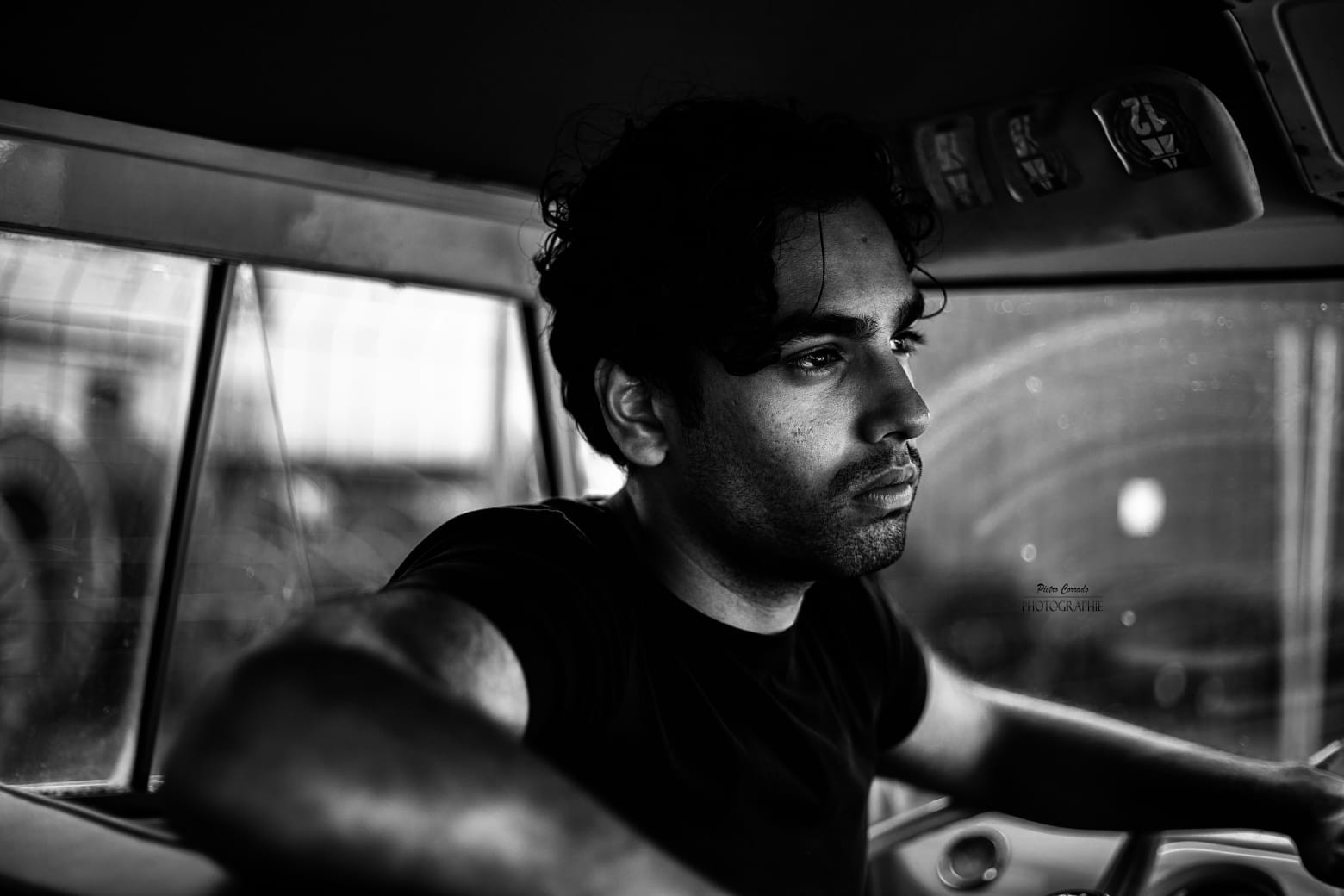
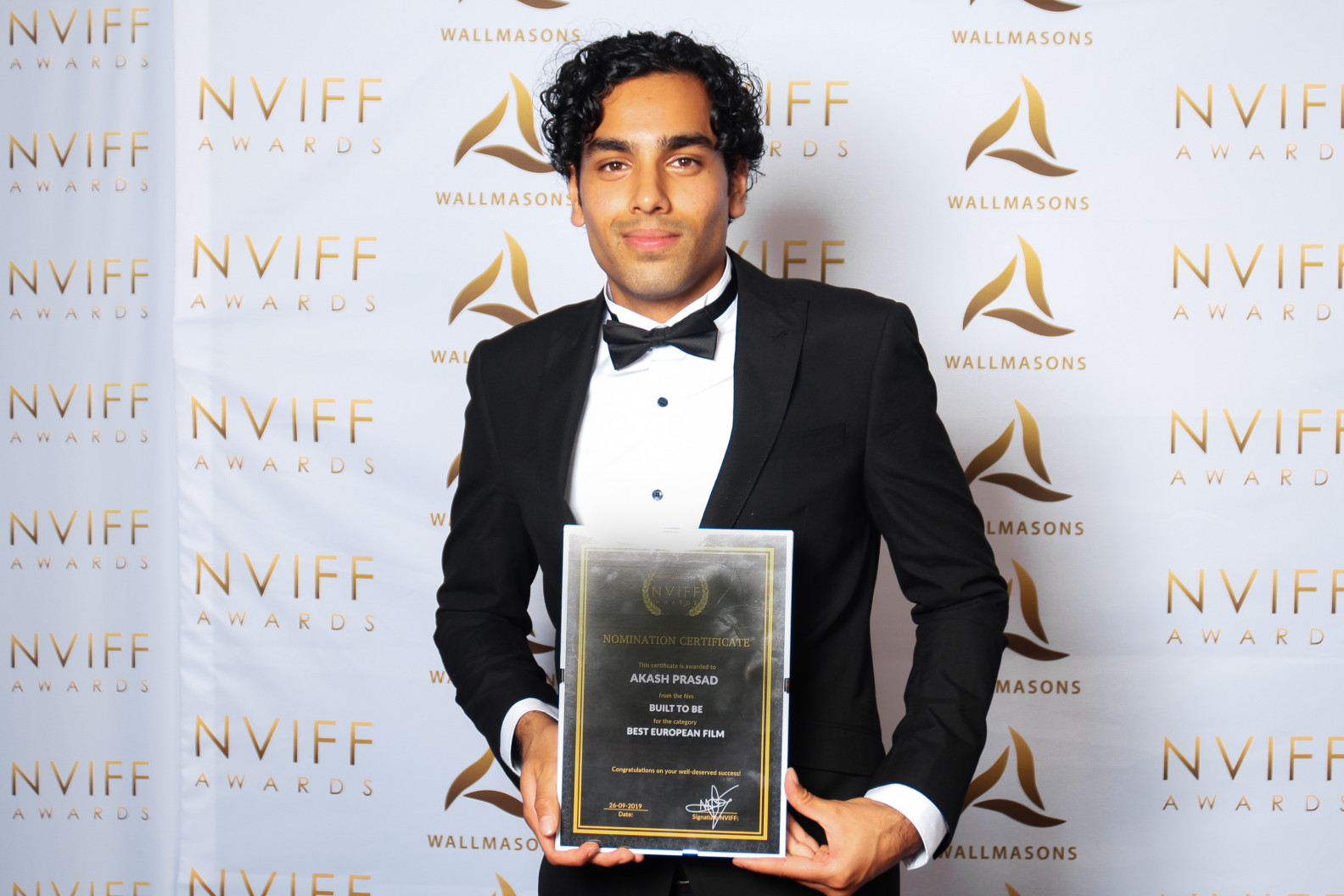




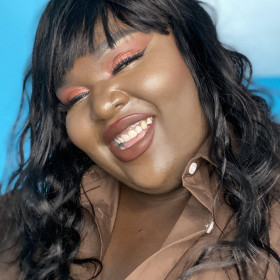
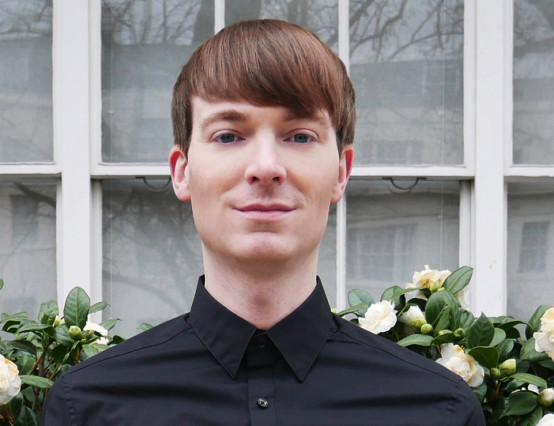
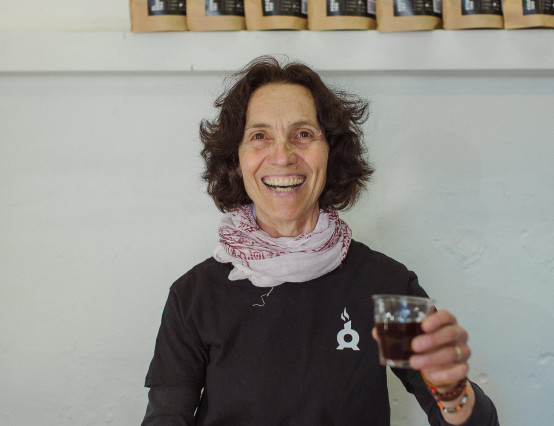
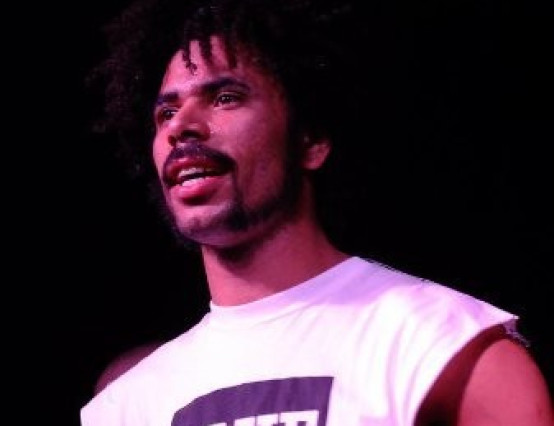

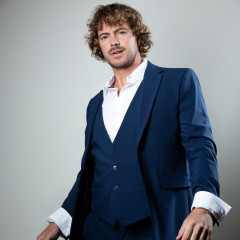
0 Comments